This report addresses key issues based on recent research on language and literacy in the African context, including teacher education, and outlines key findings and recommendations for research and practice based on the review of the literature.
Search the site
Section 29(2) of the Constitution provides that every learner has the right to receive a basic education in the language of his or her choice, where this is reasonably practicable. This right is an important recognition of equality and diversity, and the need to depart from a history in which education – and language in education, in particular – was used as a vehicle to implement and strengthen apartheid.
The library is an institution that meets people’s information needs. This has been its role historically: providing a place for people to visit, ask questions, and access and use information resources. In doing so, libraries have long enabled people of all ages to learn and improve their lives. Public libraries have the particular role of meeting community-specific requirements.
A Creative Commons guide on how to share resources and creativity, but also maintain a sustainable organization.
This is a PowerPoint presentation on Mango Tree’s methodologies for teaching literacy to young children in Northern Uganda.
In 2015, NBA received a grant from the William and Flora Hewlett Foundation to explore the potential for open licensing in enhancing the availability of mother-tongue early-literacy reading resources in the developing world.
Paper presented at the 2017 Africa regional conference of the International Board on Books for Young People (IBBY) in August 2017 in Kampala, Uganda.
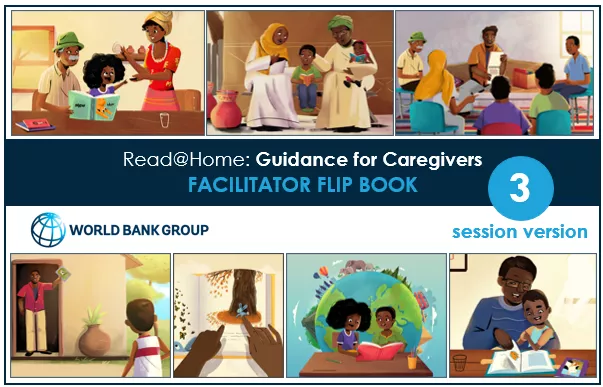

This flip book is designed to be used over three meetings with caregivers, with content divided into three sessions.
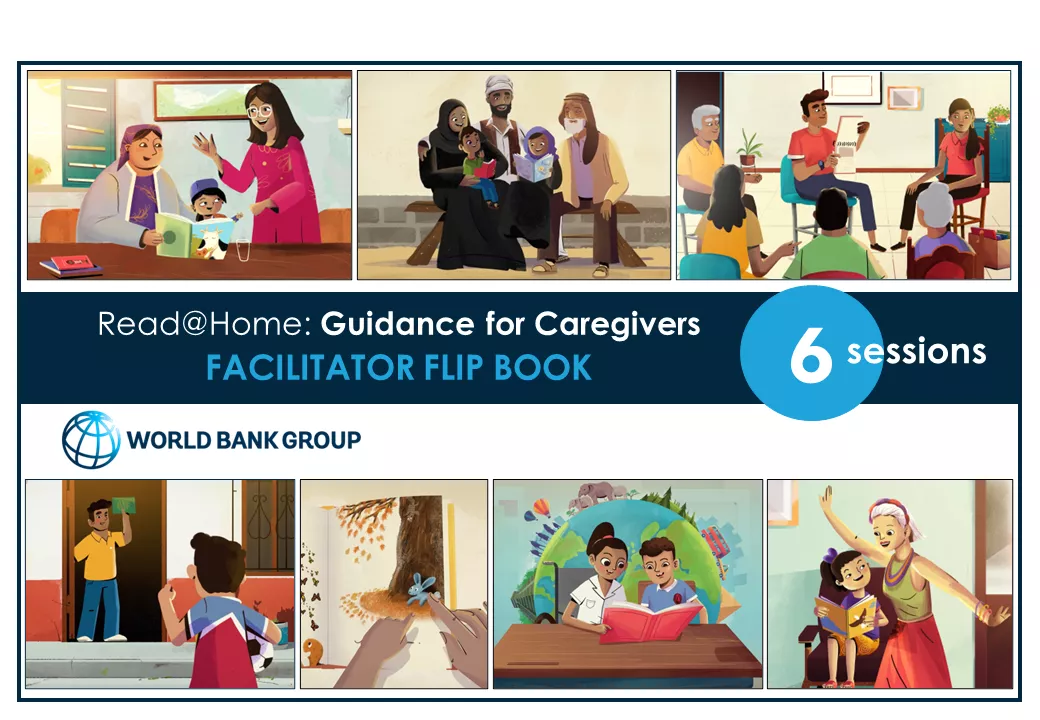

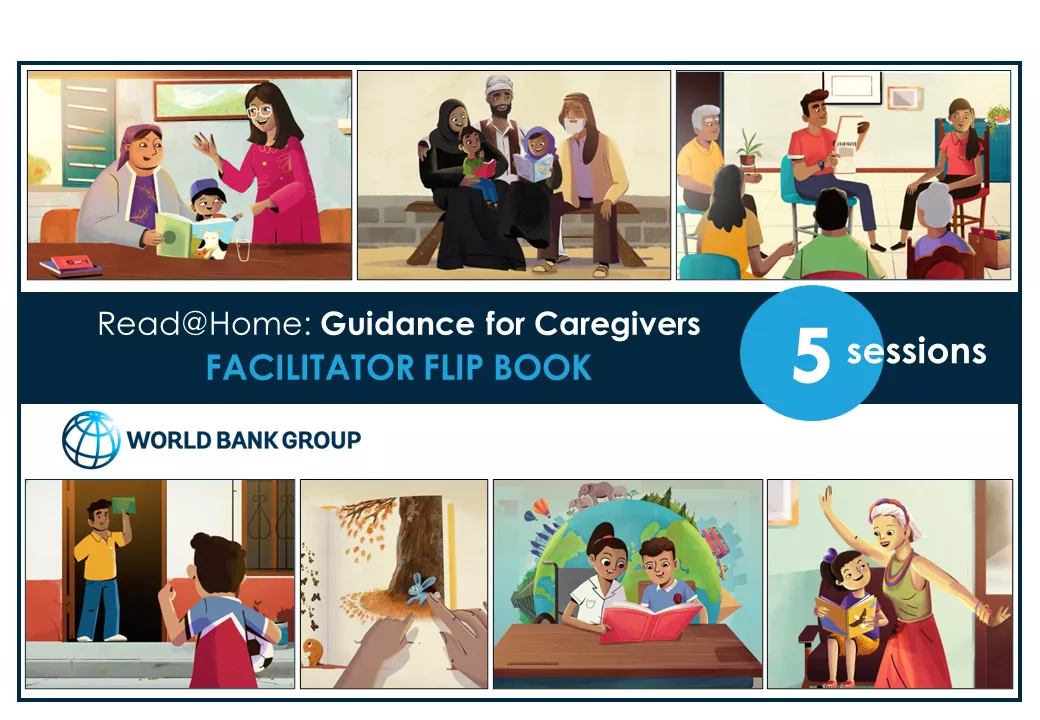

This manual aims to provide practical guidance on the identification and selection of quality children’s reading materials for home use, and the identification or design of accompanying materials for caregivers to support children’s learning. The manual is part of the Read@Home initiative, which aims to deliver reading and learning materials to hard-to-reach homes.
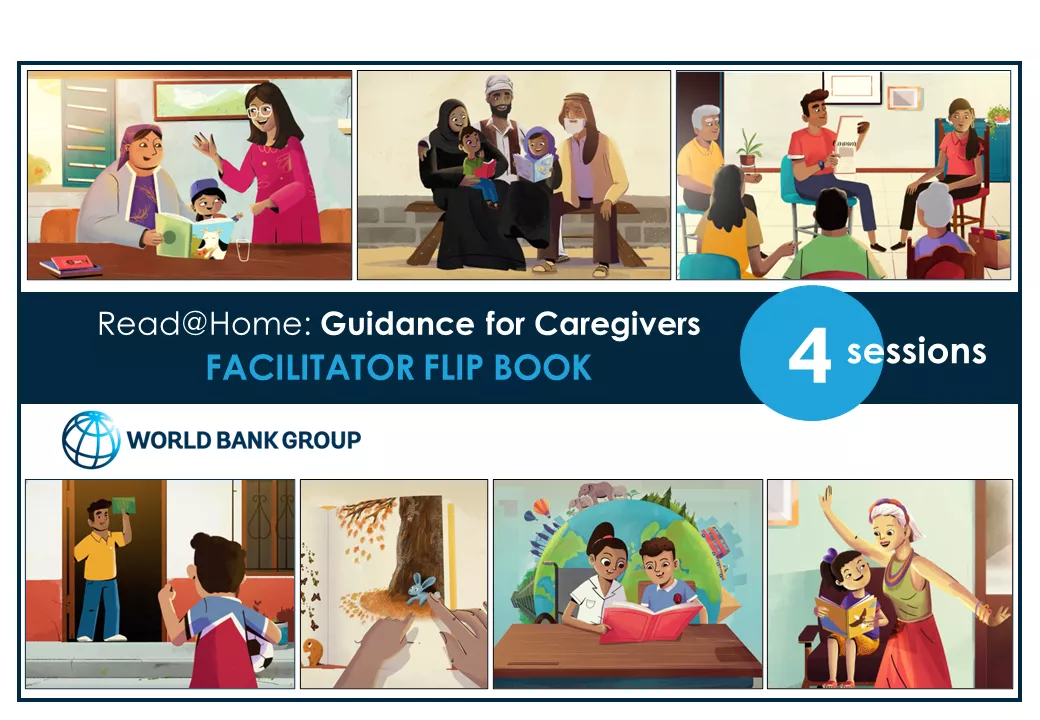

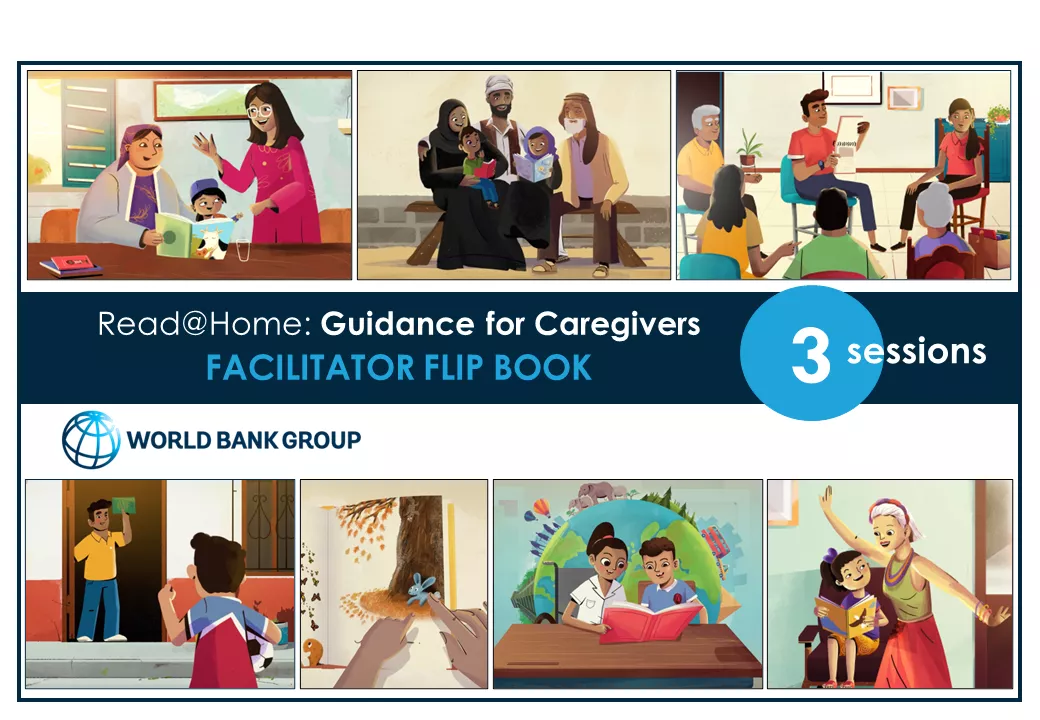

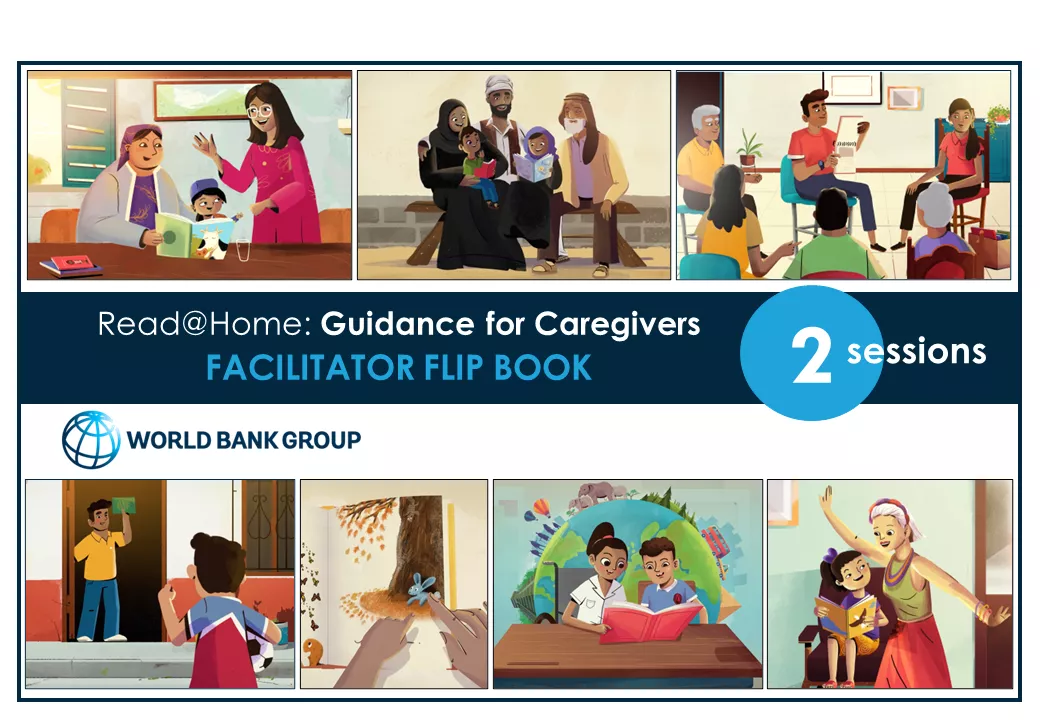

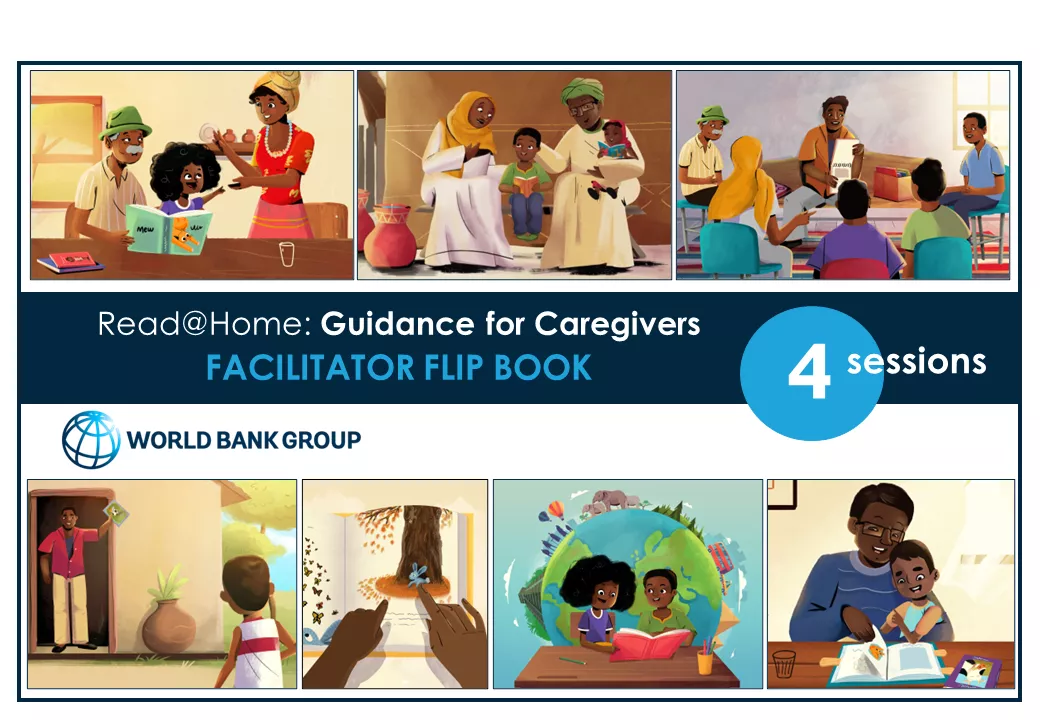

This flip book is designed to be used over three meetings with caregivers, with content divided into four sessions.
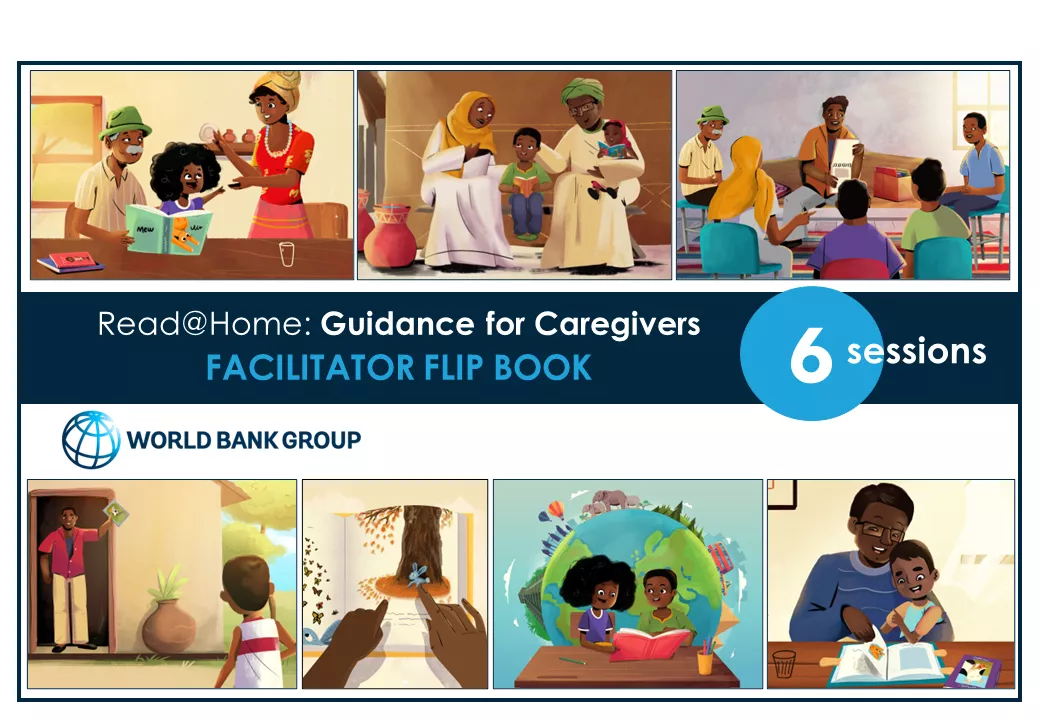

This Guide to Open Licensing in World Bank Projects provides an explanation of open licensing and how to use it in World Bank and other development projects to increase access to high-quality teaching and learning materials, including textbooks and storybooks.
The African Library and Information Associations and Institutions (AfLIA) and NBA developed a short online course for African librarians and library staff, based on the findings of a survey conducted in 2021. The main course objectives were to:




